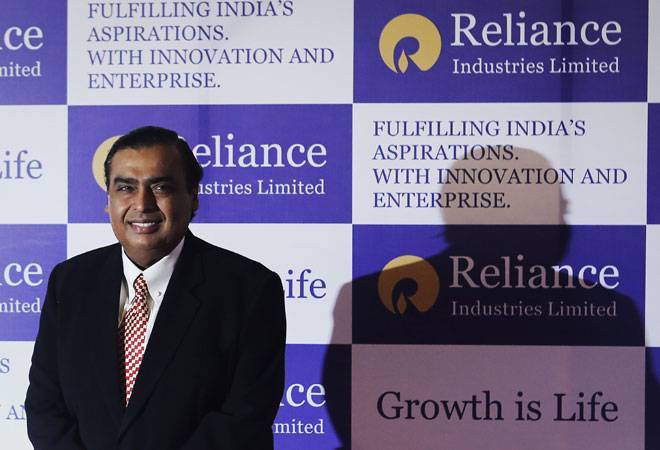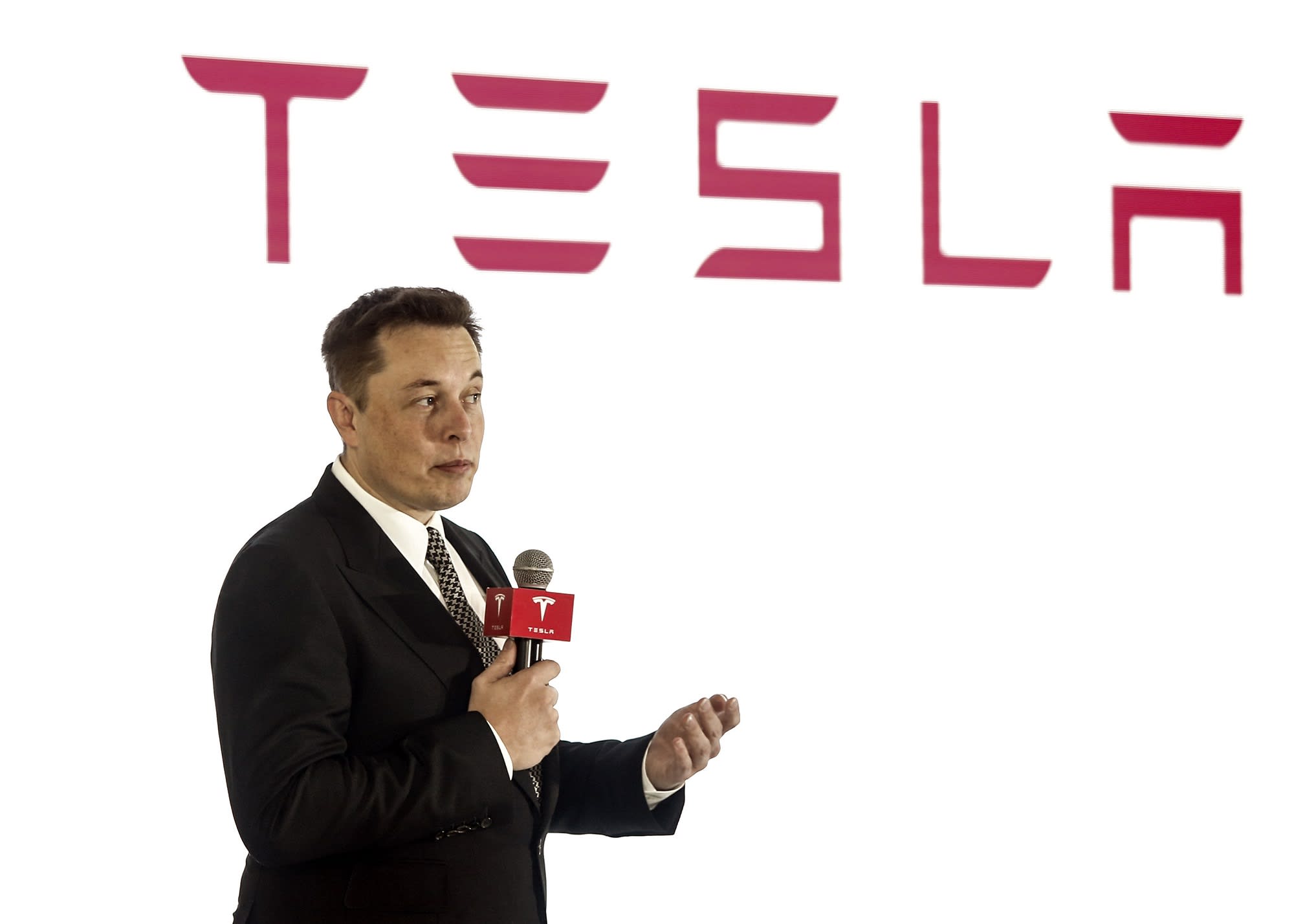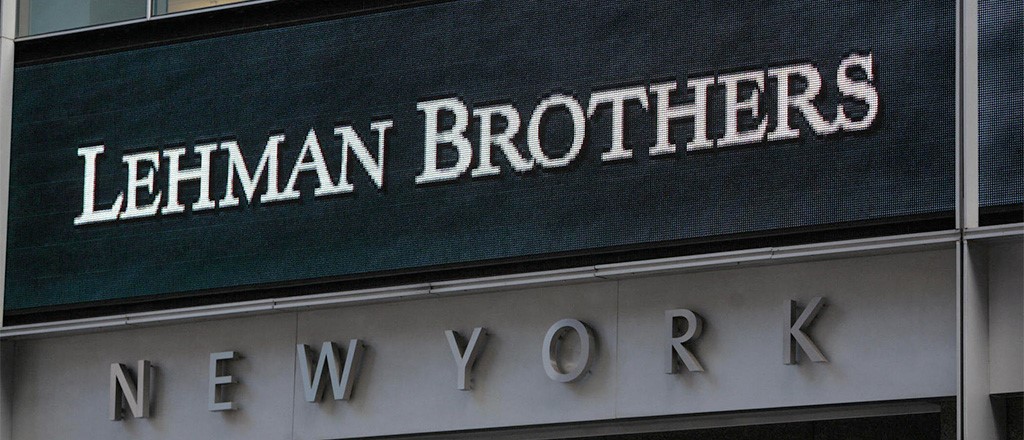
Google faces an anti-trust probe in the US on charges of stealing content from honest but smaller entities
A much-anticipated congressional hearing via videoconference put four of the US’ most prominent Big Tech CEOs, whose companies have a combined market value of about $5 trillion, on the mat. Google owner Alphabet Inc’s Sundar Pichai, Facebook Inc’s Mark Zuckerberg, Apple Inc’s Tim Cook and Amazon.com Inc’s Jeff Bezos deflected accusations from US lawmakers that they crippled smaller competitors in their greed to capture a bigger market share. Pichai, who is the CEO of both Alphabet and Google, took the worst beating from conservatives on the House of Representatives Judiciary Committee’s anti-trust panel. The search engine has been accused of stealing content. It apparently used reviews from Yelp Inc and threatened to delist it from search results if it objected. A report will take some time coming but the biggest challenge for the sub-committee would be to establish whether Google and other tech firms operate as illegal monopolies in their areas of dominion. While it is not illegal for a company to be the biggest and the best in its field, exclusionary conduct or monopoly power by disadvantaging and harming competitors is not permitted. This is because after establishing a monopoly, companies may squeeze suppliers or impose higher prices on consumers. For instance, Google’s search business stifles rivals by favouring its own services while its subsidiary YouTube pushes content to users. Mostly, answers to common questions can be found in “answer boxes” at the top of a results page. Google gets those facts/news from other websites as a result of which users don’t visit the sites of the original content. This starves other websites of valuable traffic and revenue. Plus, Google has paid Apple billions of dollars to be the default search engine on the Safari web browser on iPhones and iPads. Rival firms will never get a level-playing field if the search engine corners such a significant market share.
Apart from genuine worries about monopoly and ethics of business, this review can be said to be a part of the Trump administration’s bid to bring the big technology firms to heel for what is mostly considered to be their anti-Republican attitude. President Trump has had a number of run-ins with many of them and has even threatened to take action against them with executive orders. In fact, Republican Jim Jordan, who was part of the hearing, accused these firms of being “out to get conservatives.” It is time for US regulators to mull if the existing rules are sufficient to rein in these behemoths given their market power and if the laws should be amended. That again is a long haul.
(Courtesy: The Pioneer)








 OpinionExpress.In
OpinionExpress.In















Comments (0)